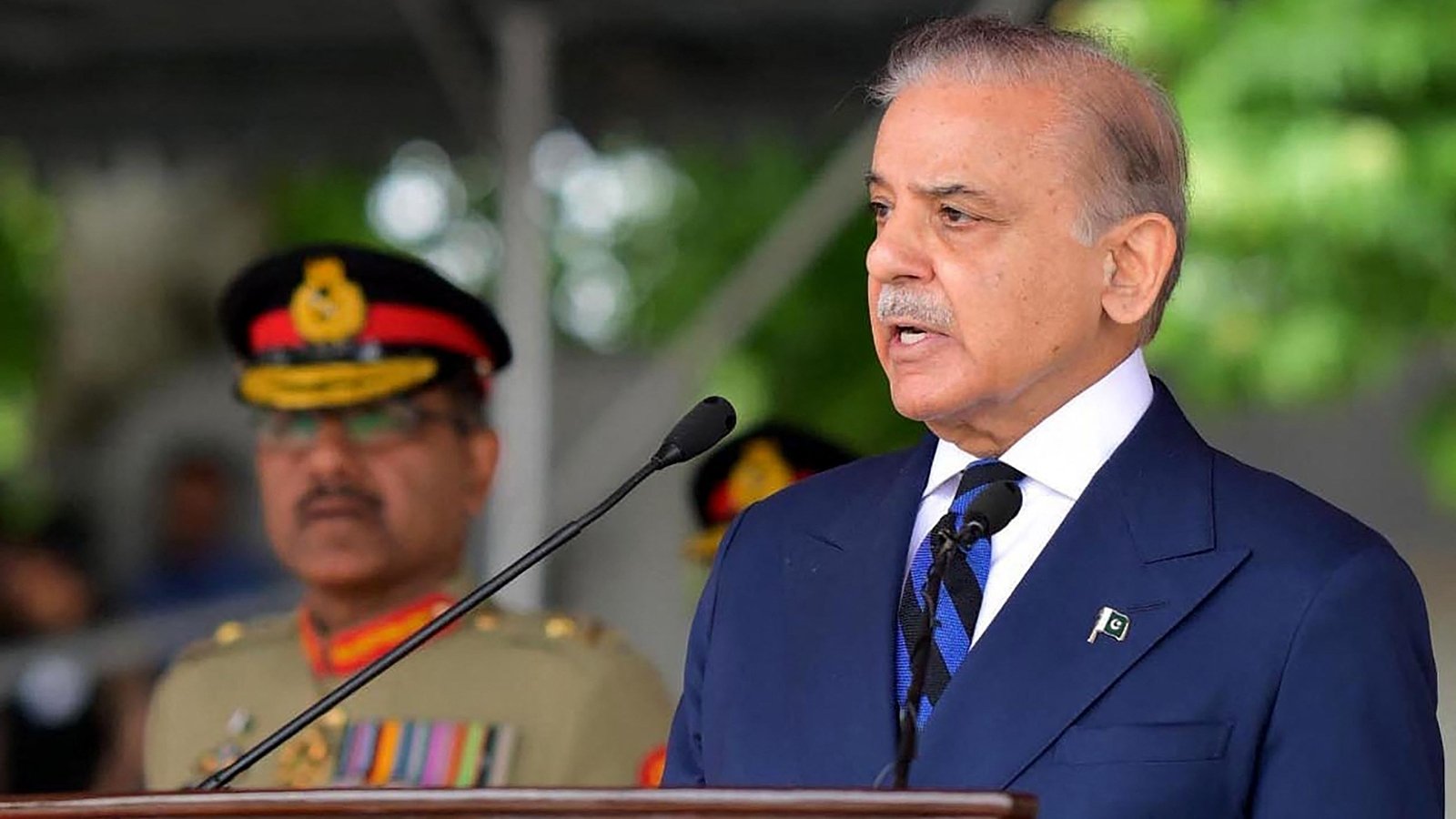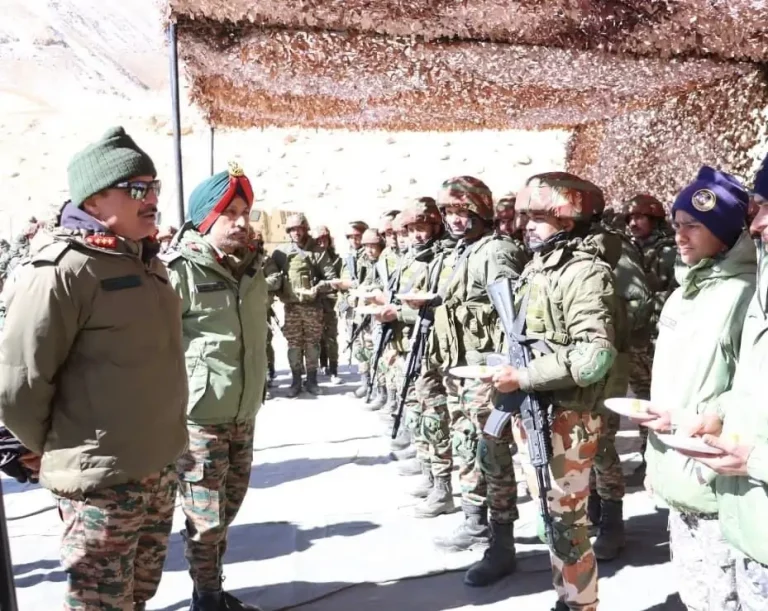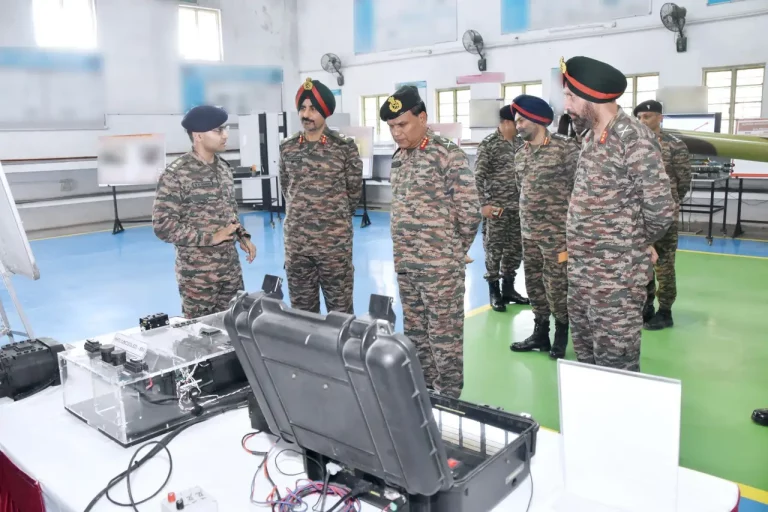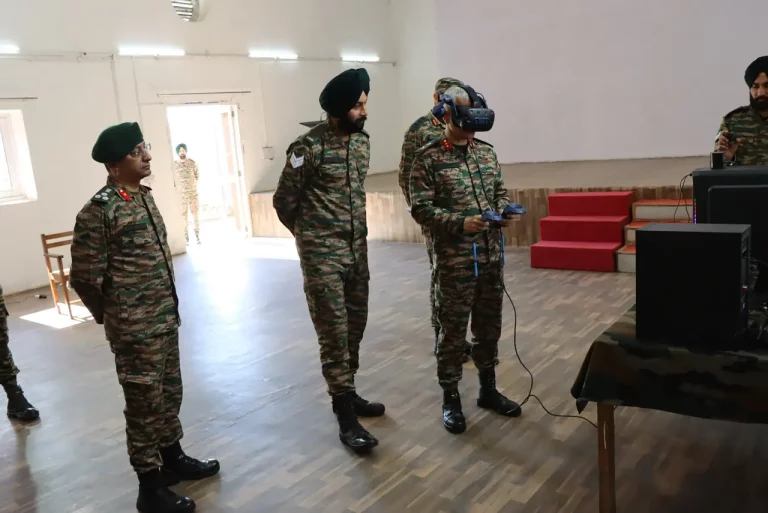Pakistan has firmly rejected remarks made by Indian Defence Minister Rajnath Singh, who suggested that the International Atomic Energy Agency (IAEA) should monitor Pakistan’s nuclear weapons. The statement from Singh was described by Pakistan’s Ministry of Foreign Affairs as “irresponsible” and indicative of “sheer ignorance” regarding the IAEA’s mandate.
In its detailed response, the Ministry accused Singh of expressing “profound insecurity and frustration” over Pakistan’s conventional military capabilities. The statement emphasized that Pakistan’s conventional forces are sufficient to deter India, dismissing Singh’s claims of “nuclear blackmail” as unmerited.
Singh’s comments were made during his inaugural visit to Jammu after the recent military operation dubbed Operation Sindoor. Addressing troops at the Badami Bagh Cantonment in Srinagar, he expressed concerns about the safety of Pakistan’s nuclear arsenal, labeling the nation as “irresponsible and rogue.” He called upon the global nuclear watchdog to subject Pakistan’s nuclear stockpile to oversight.
“The whole world has seen how irresponsibly Pakistan has threatened India,” Singh stated, while also commending Prime Minister Narendra Modi’s leadership and the achievements of Operation Sindoor. He praised the resilience of the people of Jammu and Kashmir in standing against terrorism and provocations from Pakistan.
In response to Singh’s claims, the IAEA confirmed that there have been no reports of radiation leaks or incidents associated with Pakistani nuclear facilities. However, the agency has not issued an official statement regarding Singh’s call for oversight of Pakistan’s nuclear program.
The IAEA, headquartered in Vienna, works to promote safe and peaceful uses of nuclear energy worldwide. While it engages in scientific cooperation and monitoring, it does not conventionally exercise control over the nuclear arsenals of sovereign states unless specific agreements are in place.
This exchange of statements comes amid escalating tensions between India and Pakistan, particularly following Operation Sindoor and ongoing security issues along their border. Pakistan’s leadership, including Prime Minister Shehbaz Sharif, continues to stress the importance of conventional deterrence in its defense strategy, firmly dismissing Indian accusations surrounding nuclear security.







